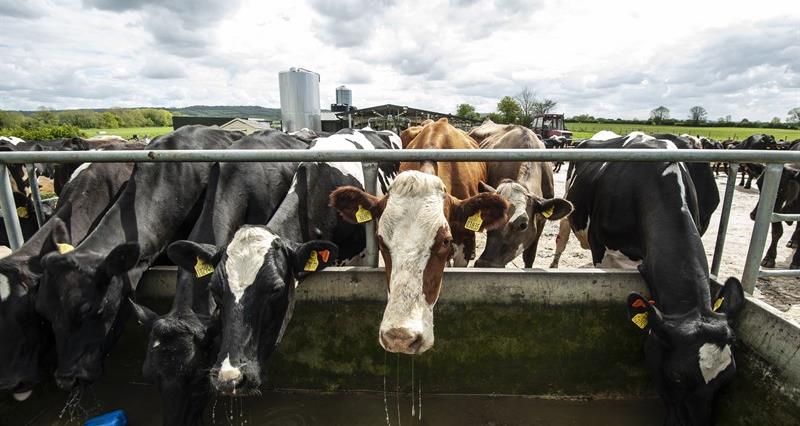The recent rapid increases in the costs of all manufactured fertilisers has brought the benefits of using organic manures into sharp focus.
These benefits are both in terms of the nutrients in manures, and in the improvement in soil health from increased organic matter. I am sure improving soil health also leads to financial gains, but these are not quite so quantifiable or immediate.
It is very likely that farmers are going to have to justify all manure applications, and to show that manures are applied in ways that prevent pollution and that they do not exceed crop needs across the rotation. The only way to justify need is to know what you are dealing with, test soils, analyse manures, and then make and record a plan.
As an arable farm without livestock, obtaining organic manures is not easy and it helps if relationships can be built with neighbouring businesses.
For example, we have been doing a straw-for-muck swap for many years and have more recently taken away old used coir compost from a local strawberry grower. We have also used digested sewage cake, supplied and spread by Thames Water for more than 20 years.
Nutrient mapping
The farm was nutrient mapped by [precision crop service] SOYL back in 2008 with the aim of variably applying potash, phosphate and lime. It is re-tested every four years and forms the basis of our nutrient planning. Knowing the soil nutrient indices is crucial to managing all manure and fertiliser applications. Applications can be planned from this to replace crop off-take.
Test – to know exactly what you're applying
The next piece in the jigsaw towards efficient use of organic manures is knowing what you are applying. [AHDB Nutrient Management Guide] RB209 will give average nutrient content for most materials but we have found that these are very much average values, and it pays to get all organic manures analysed. This is not bagged fertiliser; the nutrient content is variable. We find big differences depending on how long it has been stored and composted.
Spreading – what we use and when
Sewage cake has supplied all the phosphate requirements across the whole farm for more than 20 years. It has always been spread in late summer/early autumn ahead of rape or cereals. Applying rotationally once every three to four years has kept our soil indices in line with crop requirements.
Farmyard manure is mostly spread in the spring ahead of fodder beet, and it is old muck having been stockpiled the previous summer. We have found that a good application of around 50 t/ha not only supplies most of the P and K, but also improves the soil’s ability to retain moisture in periods of drought.
The coir compost contains less nutrients than sludge cake or farmyard manure but is a great soil conditioner, which is spread on our heavier land in the autumn.
More from our nutrient cycling series





